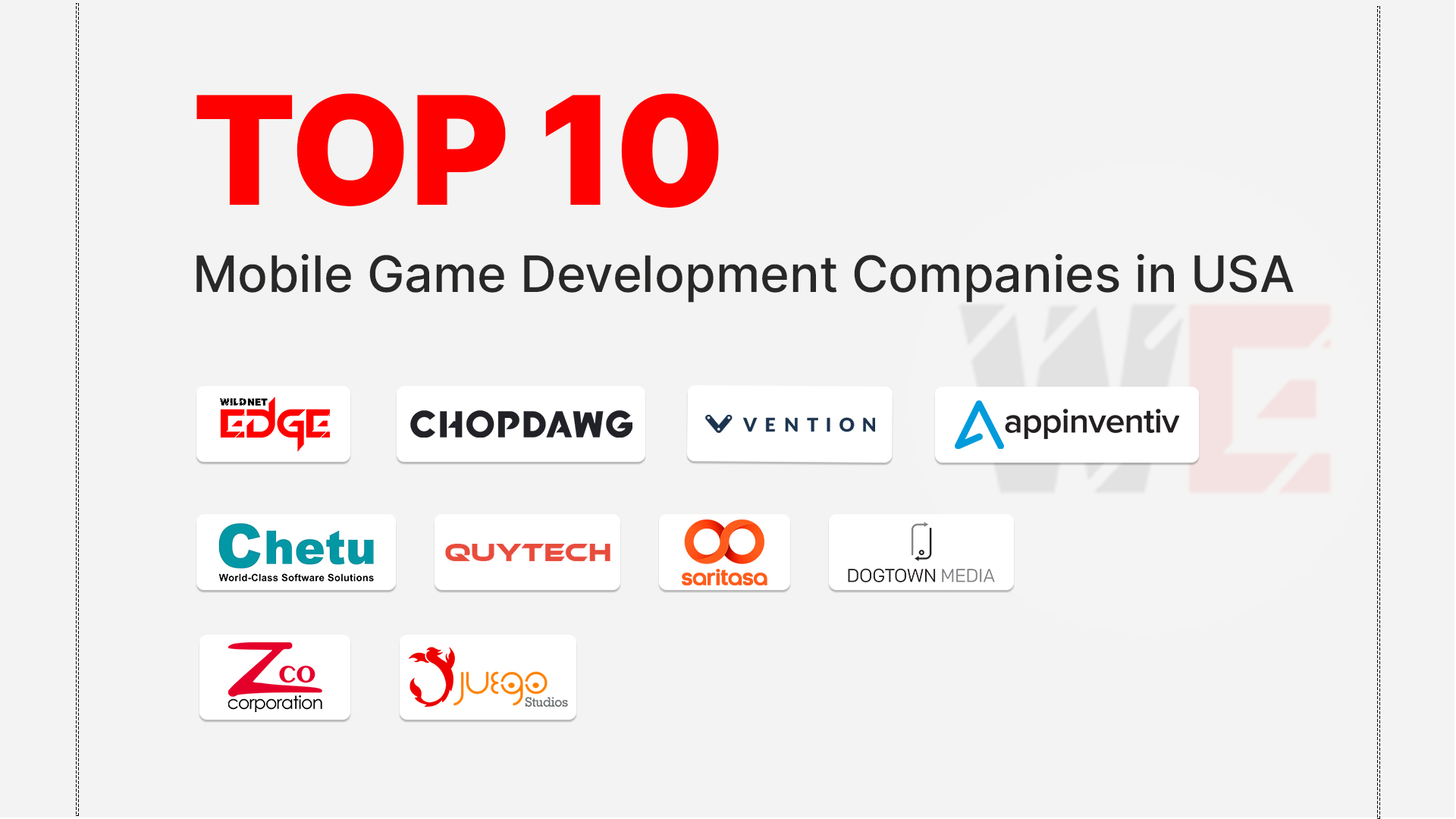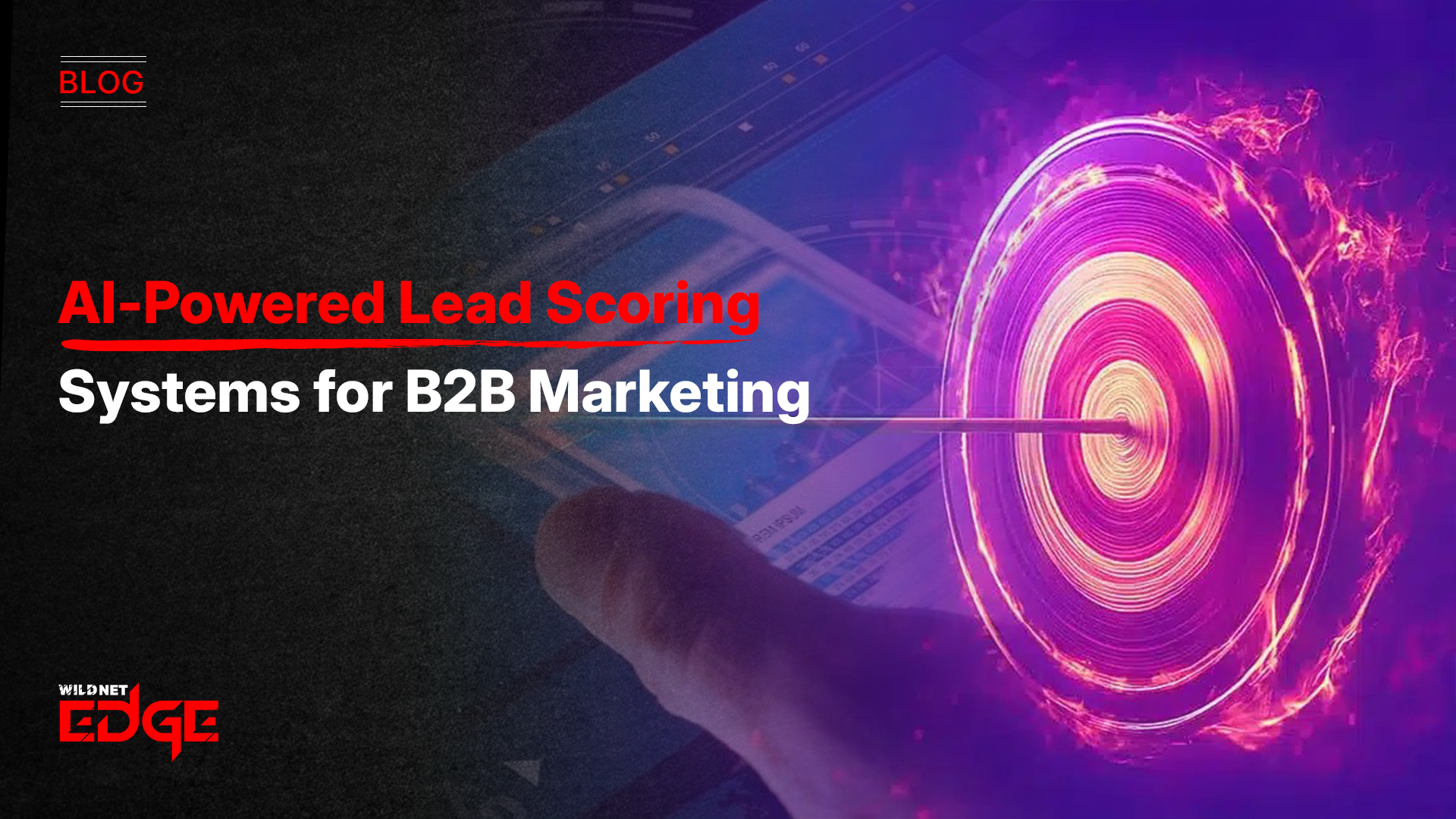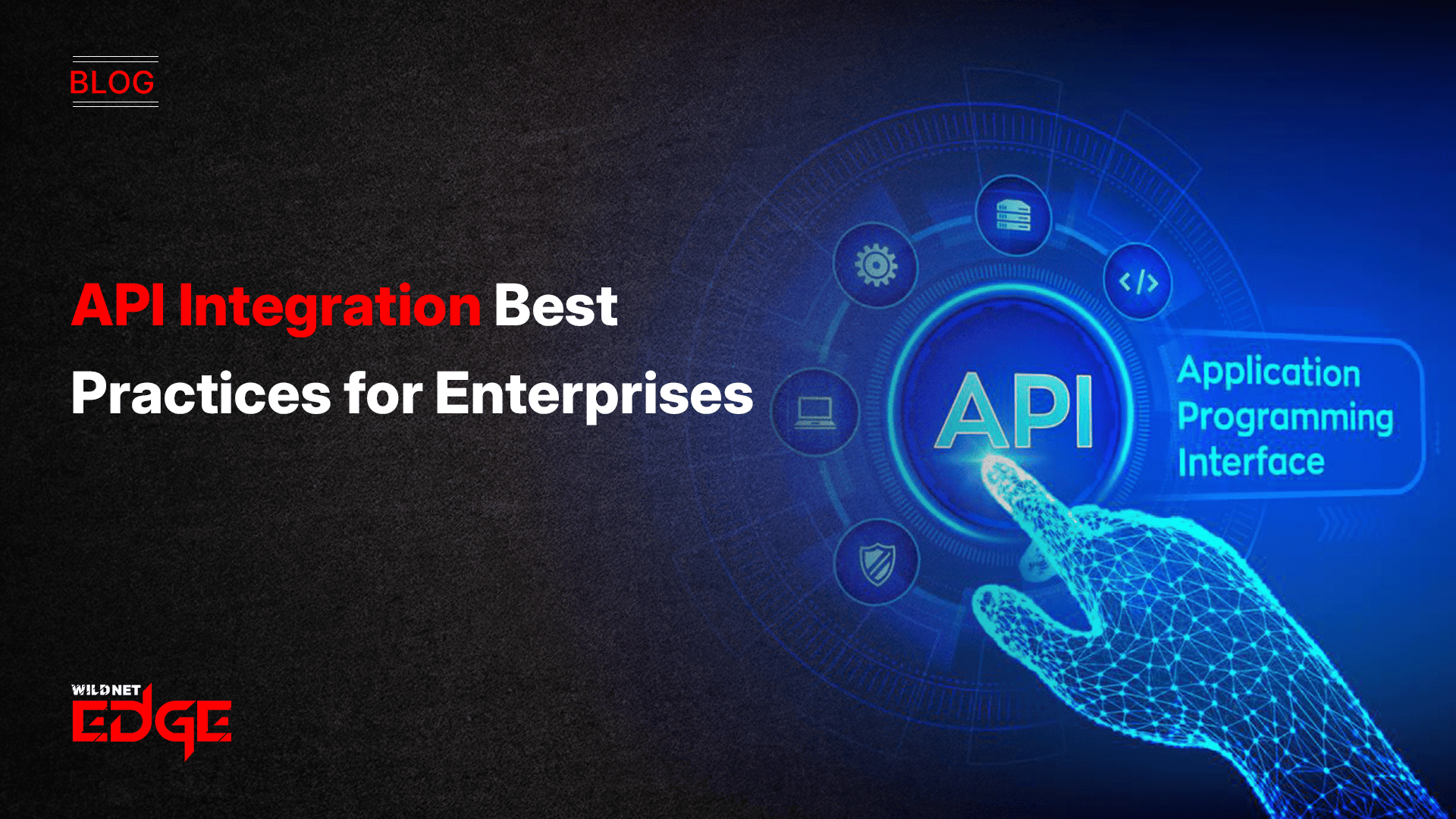In an era where customer choices are unlimited, how do you retain your existing customers? With the digital landscape constantly evolving, organizations face mounting pressure to foster long-term relationships with their clientele. The staggering statistics reveal the detrimental impact of customer churn, which can lead to significant revenue loss and damage to brand reputation. In this context, leveraging Salesforce customer engagement tools has emerged as a game-changer, empowering companies to not only connect but forge deeper relationships with their customers. Are you tapping into your customers’ potential to create unwavering brand loyalty?
Benefits of Salesforce Customer Engagement
Salesforce customer engagement brings myriad benefits that can significantly enhance customer relationships and drive brand loyalty.
Increases Customer Satisfaction
Customer satisfaction is a critical determinant of business success, and engaging with customers offers numerous avenues for achieving high levels of satisfaction. By employing Salesforce’s robust tools, businesses can tailor their communications, catering to individual customer preferences and needs. This personalization is key. For example, using Salesforce, companies can analyze purchase history and browsing behavior to send customized recommendations, ensuring a more relevant shopping experience.
Key metrics to measure customer satisfaction improvement include:
- Net Promoter Score (NPS): Measures customers’ likelihood of recommending your brand.
- Customer Satisfaction Score (CSAT): Directly assesses customer satisfaction at various points of interaction.
- Churn Rate: Tracks the percentage of customers who stop using your service over a given period.
By consistently refining engagement strategies based on these metrics, businesses can cultivate a loyal customer base that not only returns but also champions the brand.
Boosts Brand Loyalty
Brand loyalty is defined as the tendency of customers to continue buying from a particular brand, often due to positive experiences and emotional connections established through effective engagement. In the context of Salesforce customer engagement, this translates to consistent, meaningful interactions that resonate with customers. Studies show that engaged customers are up to 60% more likely to remain loyal, continually choosing your brand over competitors.
Salesforce provides tools that facilitate this loyalty by enabling brands to track customer interactions and preferences, allowing companies to create tailored marketing campaigns. For instance, personalized email marketing campaigns can re-engage customers who have not purchased in a while, reminding them of what they love about your products or services. This nurturing approach fosters long-lasting relationships and strengthens brand loyalty.
Key Features of Salesforce for Engagement
To effectively enhance customer engagement, organizations must utilize key features that Salesforce provides.
Advanced Data Analytics Tools
Salesforce’s advanced data analytics capabilities allow businesses to deeply understand their customer base. By harnessing customer data, companies gain insights into customer behaviors, preferences, and trends. This information is essential for shaping targeted customer interactions that foster engagement.
For instance, predictive analytics can help businesses anticipate customer needs, enabling proactive engagement that can significantly enhance the customer experience. By knowing what customers want before they ask for it, brands can deliver swift and relevant solutions, strengthening their relationship with customers.
Omnichannel Communication Options
In today’s digital age, customers interact with brands across multiple channels—social media, email, mobile apps, and websites. Salesforce excels in providing omnichannel communication options that enable seamless interaction across various platforms.
This flexibility enhances engagement since customers can interact with your brand on their terms. For example, a customer could first discover your brand on Instagram, receive promotional emails, and then engage with customer service via live chat on your website. Each interaction can be tracked through Salesforce, allowing for personalized follow-up messages that enhance the engagement experience.
Implementing Engagement Strategies with Salesforce
To turn customer engagement into a tangible strategy, organizations need a systematic approach.
Creating a Customer Journey Map
Mapping the customer journey is an essential step in personalizing engagement efforts. This involves outlining all customer interactions across various phases—from awareness to decision-making and post-purchase follow-up.
Begin by identifying customer touchpoints, such as website visits, social media interactions, and email communications. Utilize Salesforce to visualize these interactions, understanding where customers are most engaged and where improvements are needed. Each step of the journey presents an opportunity to engage customers effectively.
By personalizing content based on their journey stage, companies can ensure relevant messaging that speaks to customer needs, ultimately enhancing satisfaction and loyalty.
Utilizing Automation for Consistency
Salesforce offers powerful automation features that can ensure consistent engagement across the customer journey. Automating responses to common inquiries, follow-ups, and nurturing campaigns allows businesses to maintain a level of engagement that would otherwise be challenging to achieve.
For instance, using Salesforce’s automation tools, businesses can set up workflows that trigger personalized emails following a customer’s purchase—maybe sending a thank-you note or suggesting complementary products. This not only keeps the conversation going but also enriches the customer experience at every stage, fostering brand loyalty.
Measuring the Success of Engagement Efforts
To assess the efficacy of your engagement strategies, it’s vital to measure results accurately.
Key Performance Indicators (KPIs) to Track
KPIs serve as a vital compass to guide businesses in evaluating their engagement strategies. Here are some critical KPIs relevant for customer engagement:
- Customer Retention Rate: Measures the percentage of existing customers who continue to do business with you.
- Customer Engagement Score: Combines various metrics to indicate how actively customers are interacting with your brand over time.
- Conversion Rate: Highlights how many engaged customers turn into actual buyers.
Monitoring these KPIs through Salesforce helps companies make informed decisions about their engagement strategies, ensuring alignment with customer expectations and capturing emerging trends.
Customer Feedback and Surveys
Customer feedback plays a crucial role in refining engagement efforts. Utilizing Salesforce’s built-in survey tools, businesses can gather feedback not only post-purchase but also during interactions to assess customer satisfaction.
By routinely analyzing feedback, organizations gain insights into what works and what needs improvement. For instance, if survey results show that customers feel overwhelmed with communication frequency, businesses can adjust their engagement strategies for a more streamlined approach. Continuous feedback collection leads to cycles of improvement, ensuring you remain closely aligned with customer preferences.
Case Studies: Successful Brands Using Salesforce
Examining real-world examples can provide valuable insights into effective Salesforce customer engagement practices.
Brand Example One: Driving Engagement
Take the case of a prominent retail brand that implemented Salesforce to enhance customer engagement. By utilizing Salesforce’s data analytics and automation features, they personalized marketing campaigns based on comprehensive customer insights. The results were impressive—after just six months of implementing these strategies, they reported a 35% increase in customer engagement metrics, contributing to a noticeable uptick in sales.
This brand also established a loyalty program tracked through Salesforce, incentivizing repeat purchases through targeted offers, thereby deepening customer loyalty.
Brand Example Two: Enhancing Loyalty
Another successful case is an online subscription service that leveraged Salesforce to improve customer loyalty. They created a detailed customer journey map to analyze drop-off points in subscription renewals. By implementing a series of automated reminders and exclusive offers for returning customers through Salesforce, they experienced a 50% increase in renewal rates within one year.
These success stories underscore how leveraging Salesforce customer engagement tools can lead to significant improvements in brand loyalty and customer relationships.
Future Trends in Customer Engagement
The landscape of customer engagement is ever-evolving, and businesses must stay attuned to emerging trends.
Influence of AI and Machine Learning
Artificial Intelligence (AI) and Machine Learning (ML) are revolutionizing customer engagement strategies. Salesforce is at the forefront of this transformation, with tools that analyze vast amounts of data to predict customer needs and behaviors accurately. Future developments will see increased personalization, driven by AI algorithms analyzing customer interactions and preferences in real-time, allowing brands to meet customer expectations with unprecedented accuracy.
Increasing Importance of Customer Experience
As customer expectations evolve, the emphasis on customer experience will become even more crucial. Brands that prioritize exceptional experiences will likely lead their industries. Salesforce equips businesses to adapt to these trends through innovative features that enhance the customer experience, such as richer insights from customer feedback and personalized communication strategies.
Ultimately, future engagement strategies will rely heavily on harnessing data and technology to create seamless and memorable experiences for customers.
Conclusion
In conclusion, effective Salesforce customer engagement is essential for creating lasting relationships and fostering brand loyalty. By leveraging advanced tools and analytics, businesses can understand their customers better, tailor their communications, and effectively engage with them throughout their journey. At Wildnet Edge, we are an AI-first company committed to enabling organizations to unlock the full potential of Salesforce for customer engagement. Embracing these strategies not only strengthens customer loyalty but also paves the way for sustainable growth. Don’t miss the chance to elevate your engagement efforts—explore solutions tailored to your business needs today!
FAQs
Q1: What is Salesforce customer engagement?
Salesforce customer engagement refers to how organizations use Salesforce tools to interact positively with their customers, enhancing relationships and driving satisfaction.
Q2: How can Salesforce help improve brand loyalty?
Salesforce enhances brand loyalty by facilitating personalized experiences and consistent interactions with customers, leading to stronger emotional connections and repeat business.
Q3: What strategies can increase customer engagement in Salesforce?
Effective strategies include mapping customer journeys, utilizing automation for consistent communication, and leveraging data analytics for tailored interactions through Salesforce.
Q4: What are the key metrics for measuring customer engagement with Salesforce?
Important metrics include customer retention rate, customer engagement score, and conversion rate, which help assess engagement strategies’ impact.
Q5: What future trends can impact customer engagement?
Trends such as increased AI use, machine learning applications, and a heightened focus on customer experience are likely to shape the evolution of customer engagement strategies.

Nitin Agarwal is a veteran in custom software development. He is fascinated by how software can turn ideas into real-world solutions. With extensive experience designing scalable and efficient systems, he focuses on creating software that delivers tangible results. Nitin enjoys exploring emerging technologies, taking on challenging projects, and mentoring teams to bring ideas to life. He believes that good software is not just about code; it’s about understanding problems and creating value for users. For him, great software combines thoughtful design, clever engineering, and a clear understanding of the problems it’s meant to solve.
 sales@wildnetedge.com
sales@wildnetedge.com +1 (212) 901 8616
+1 (212) 901 8616 +1 (437) 225-7733
+1 (437) 225-7733















 ChatGPT Development & Enablement
ChatGPT Development & Enablement Hire AI & ChatGPT Experts
Hire AI & ChatGPT Experts ChatGPT Apps by Industry
ChatGPT Apps by Industry ChatGPT Blog
ChatGPT Blog ChatGPT Case study
ChatGPT Case study AI Development Services
AI Development Services Industry AI Solutions
Industry AI Solutions AI Consulting & Research
AI Consulting & Research Automation & Intelligence
Automation & Intelligence















